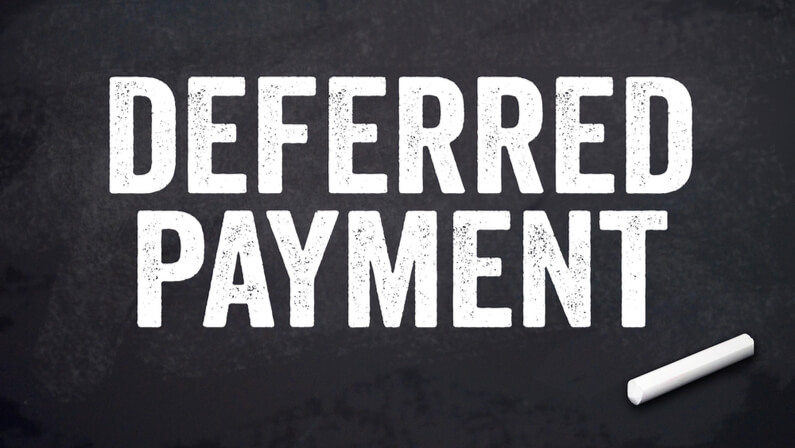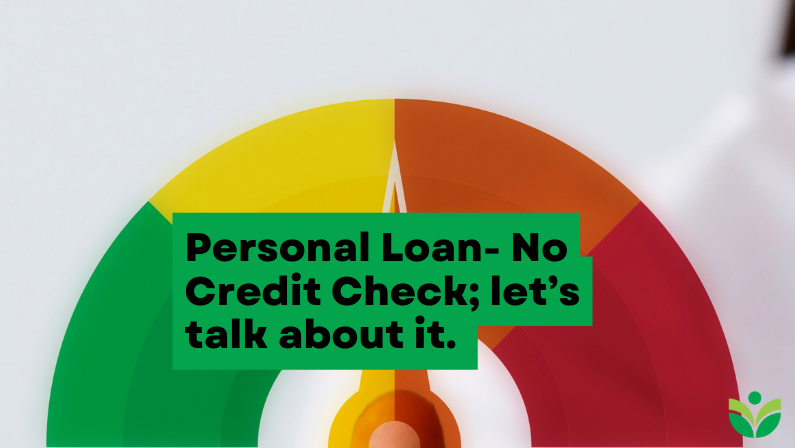Mortgage Deferment vs Forbearance: Which Is Right for You?
James Leon
06/06/2022
Financial Literacy

If you’re struggling to make your monthly mortgage payments, you may be considering either deferment or forbearance. Both options can help you temporarily avoid foreclosure, but they come with different benefits and drawbacks. Here’s a look at how deferment and forbearance work and which option may be right for you.
What Does Payment Deferred Mean?

Mortgage deferment is a temporary suspension of your mortgage payments. When a payment is deferred, you don’t have to make any payments on your loan to your mortgage servicer. The interest, however, continues to accrue. Once deferred mortgage payments end, you’ll typically have to begin making larger monthly payments to catch up on the interest accrued during the deferment period.
What Qualifies You for a Deferment?
Generally, you must be experiencing financial hardship to qualify for deferment.
This could include:
- Job loss
- Underemployment
- Medical bills
- Other types of financial strain.
You may also be able to defer your payments if you’re enrolled in school at least half-time or if you’re serving in the military.
Mortgage Forbearance Loan Meaning

Mortgage forbearance is similar to deferment in that it allows you to stop making payments on your loan temporarily. However, with forbearance, your lender agrees to reduce or suspend your payments for a period of time. Interest still accrues during forbearance, but the amount you have to pay each month is reduced.
Is Mortgage Forbearance a Good Idea?
Mortgage forbearance can be a good option if you’re struggling to make ends meet but don’t want to miss any payments. It can also help you avoid foreclosure. However, there are some drawbacks to consider.
For one, interest continues to accrue during forbearance, which could mean you end up owing more money when the forbearance period ends. Additionally, your lender may report the forbearance to the credit bureaus, which could hurt your credit score.
What Does Forbearance Mean in a Loan?
Forbearance in a loan means that the borrower has requested and been granted permission by the lender to skip or make partial payments for a period of time. The major types of forbearance are general forbearance, mandatory forbearance, and administrative forbearance.
What Debts Qualify for Forbearance?
Debts that may qualify for forbearance include:
- Car loans
- Student loans
- Credit cards
- Medical bills
- Mortgages
Repayment Options After Forbearance

Repayment plans after forbearance typically involve making larger monthly payments or extending your loan term. You may also be able to make a lump-sum payment.
Below are some options:
Graduated Repayment Plan
With this plan, your payments start off low and gradually increase over time. This option is best if you expect your income to increase in the future.
Extended Repayment Plan
An extended repayment plan lengthens the term of your loan, which lowers your monthly payments. This option may make your payments more affordable in the short term, but you’ll end up paying more in interest over the life of the loan.
Standard Repayment Plan
The standard repayment plan requires you to make fixed monthly payments for up to 10 years. This option may have a higher monthly payment than an extended repayment plan, but you’ll save money on interest in the long run.
Deferment
Deferment is a temporary suspension of your mortgage payments. During deferment, you don’t have to make any payments on your loan, but interest continues to accrue. Once deferment ends, you’ll typically have to begin making larger monthly payments to catch up on the interest accrued during the deferment period.
Modification
A loan modification permanently changes the terms of your loan to make your payments more affordable. With a modification, you may be able to lower your interest rate, extend your loan term, or both.
Reinstatement
With reinstatement, you bring your loan current by making a lump-sum payment to cover all the missed payments and any accrued interest. Once you’ve made the payment, you’ll resume making your regular monthly payments.
What Is the Difference Between Forbearance and Deferment?
The main difference between forbearance and deferment is that with forbearance, your lender agrees to reduce or suspend your payments for a period of time, while with deferment, you don’t have to make any payments on your loan but interest continues to accrue.
Additionally, during forbearance, interest still accrues, but the amount you have to pay each month is reduced.
Finally, repayment plans after forbearance typically involve making larger monthly payments or extending your loan term, while with deferment, you’ll typically have to begin making larger monthly payments to catch up on the interest accrued during the deferment period.

Can Forbearances or Deferments Hurt Your Credit?
Forbearances and deferments can hurt your credit score if you’re not careful. If you miss a payment or make a late payment, it will be reported to the credit bureaus and will lower your score.
Additionally, if you have to extend your loan term or make larger monthly payments after forbearance or deferment, it could put a strain on your finances and make it difficult to keep up with your payments.
To avoid hurting your credit score, it’s important to stay current on your payments and make sure you can afford the new payment plan before you enter into forbearance or deferment.
Is Deferment or Forbearance Right for Me?
If you’re struggling to make your monthly payments, forbearance or deferment may be a good option to help you get back on track. However, it’s important to remember that these options will likely result in higher interest payments over the life of your loan.
If you’re able to make your monthly payments but are worried about future financial difficulties, you may want to consider modification or reinstatement. These options can help you keep up with your payments and avoid accruing more interest.
Ultimately, the best way to decide if forbearance or deferment is right for you is to speak with your lender and financial advisor. They can help you understand the pros and cons of each option and what would work best for your situation.
Seek Expert’s Help
So, which is better for you- deferment or forbearance? The answer to that question depends on your specific situation. If you’re not sure which option is best for you, it’s always a good idea to contact a reputable mortgage lender for advice.
At Centennial Funding, we’re here to help homeowners in difficult financial situations find the right solution for their individual needs. Contact us today to learn more about our services and how we can help you keep your home.
Share post:










